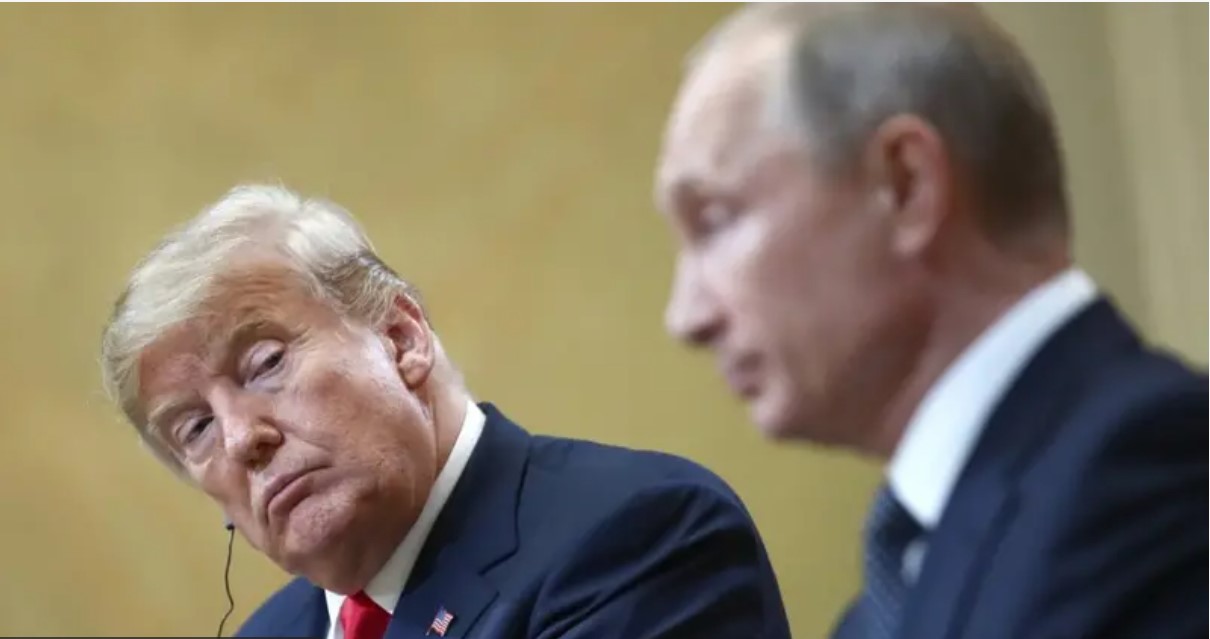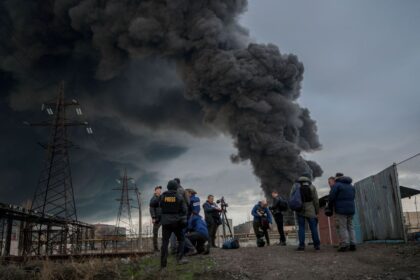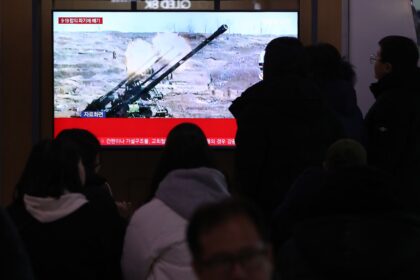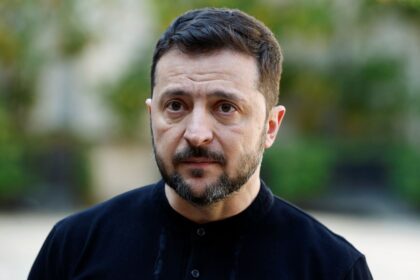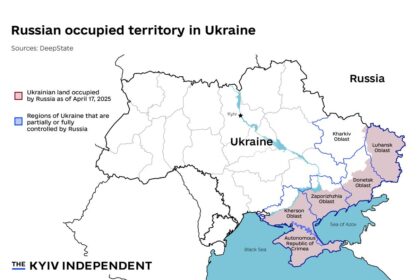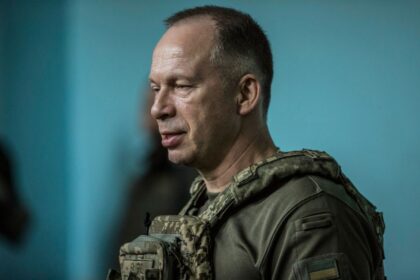The article discusses how Ukraine’s decision to celebrate Victory Day on May 8th, instead of Russia’s May 9th, is a significant move that challenges Russia’s narrative and historical claims. The author argues that Ukraine’s choice of date is not just a matter of national pride but also a way to highlight the country’s own WWII legacy and expose Russia’s hidden role in the war’s outbreak.
The article points out that Ukraine suffered heavily during WWII, with an estimated 8-10 million deaths, which was a significant share of the total Soviet losses. Ukrainian civilians endured unimaginable losses, including the Holocaust of bullets, where 1.5 million Jews were killed and 2 million Ukrainians were sent to Germany as forced labor. The article also highlights that Ukrainian soldiers played a crucial role in the war effort, with many receiving prestigious medals and being named “Hero of the Soviet Union”.
However, after the war, Ukraine’s unique war experience was erased from history, and Ukrainian achievements were absorbed into a unified “Soviet” narrative, which was gradually rebranded as “Russian”. The article argues that by breaking away from this narrative, Ukraine is not only reclaiming its own WWII legacy but also exposing Russia’s hidden role in the war’s outbreak.
The Molotov-Ribbentrop Pact is highlighted as a crucial aspect of this reckoning. Signed in 1939, it divided Eastern Europe between Nazi Germany and the Soviet Union, with Stalin’s regime complicit in Poland’s dismemberment and the annexation of the Baltics. The article suggests that by acknowledging this pact, Ukraine is forcing a reckoning with the WWII truths Moscow has long sought to bury.
The article also discusses how Russia’s narrative is being used as a tool to justify its actions in Eastern Europe, particularly its claims to special security privileges. The author argues that Trump’s nods to Putin and his administration’s echoes of Kremlin WWII myths are intensifying the stakes.
Overall, the article suggests that Ukraine’s decision to celebrate Victory Day on May 8th is a significant move that challenges Russia’s narrative and historical claims, and forces a reckoning with the WWII truths Moscow has long sought to bury.




